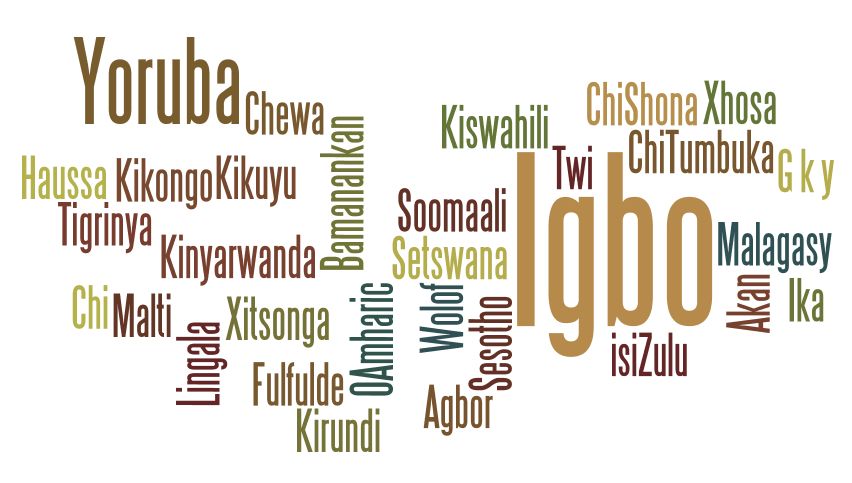Let's get something straight. There are lots of Africans who don't speak their native languages, for a variety of reasons, but they want to learn. But given that the pool of resources for learning indigenous African languages isn't as large as say, for Spanish, wouldn't it be more productive to…
-
-
African Feminism - Africans for Africa - Afrofeminism - Blog - Diaspora Diaries - Special Series - The Political, Personalized
What Kind of African Doesn’t Speak Any African Languages? Me.
Last year, I attended a conference about Africa's development. In a session about African identity, we explored the question of whether one could claim to be African without being fluent in their mother tongue. Some said yes. But many said no. For this, I blame colonialism... and Sesame Street.

